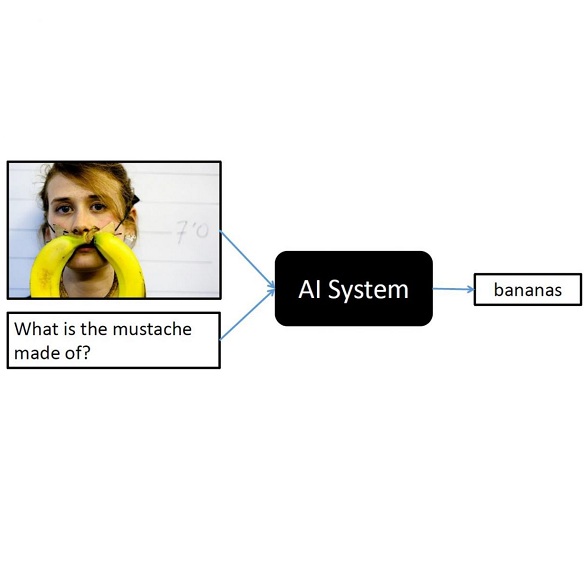Quality assessment for User Generated Content (UGC) videos plays an important role in ensuring the viewing experience of end-users. Previous UGC video quality assessment (VQA) studies either use the image recognition model or the image quality assessment (IQA) models to extract frame-level features of UGC videos for quality regression, which are regarded as the sub-optimal solutions because of the domain shifts between these tasks and the UGC VQA task. In this paper, we propose a very simple but effective UGC VQA model, which tries to address this problem by training an end-to-end spatial feature extraction network to directly learn the quality-aware spatial feature representation from raw pixels of the video frames. We also extract the motion features to measure the temporal-related distortions that the spatial features cannot model. The proposed model utilizes very sparse frames to extract spatial features and dense frames (i.e. the video chunk) with a very low spatial resolution to extract motion features, which thereby has low computational complexity. With the better quality-aware features, we only use the simple multilayer perception layer (MLP) network to regress them into the chunk-level quality scores, and then the temporal average pooling strategy is adopted to obtain the video-level quality score. We further introduce a multi-scale quality fusion strategy to solve the problem of VQA across different spatial resolutions, where the multi-scale weights are obtained from the contrast sensitivity function of the human visual system. The experimental results show that the proposed model achieves the best performance on five popular UGC VQA databases, which demonstrates the effectiveness of the proposed model. The code will be publicly available.
翻译:用户生成内容(UGC)视频的质量评估(UGC)在确保终端用户的浏览经验方面发挥着重要作用。UGC先前的视频质量评估(VQA)研究要么使用图像识别模型或图像质量评估(IQA)模型来提取UGC视频的质量回归(IQA)框架层面特征,因为这些任务与 UGC VQA 任务之间的域变和UGC VQA 任务之间的域变而被视为亚最佳解决方案。在本文中,我们提出了一个非常简单但有效的UGC VQA 敏感度模型,该模型试图通过培训终端到终端空间特征提取这一问题,通过培训空间特征提取网络,直接从视频框架的原始像素比素直接学习质量认知空间特征(VQA ) 空间特征评估(IQA) 模型模型模型模型,测量空间特征无法模型的与时间相关的扭曲。拟议模型使用非常稀少的框架来提取空间特征和密度框架(即视频块块),从而降低计算复杂性。随着质量特性的提高,我们仅使用简单的多层次系统定义层系统(MLP)来直接了解空间质量描述质量网络,然后通过高层次的图像质量战略。



